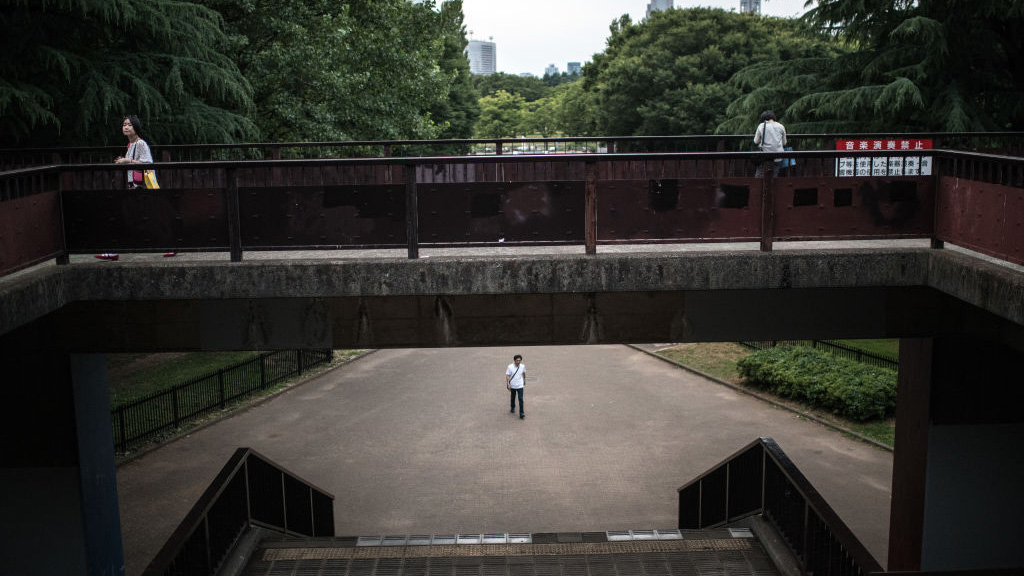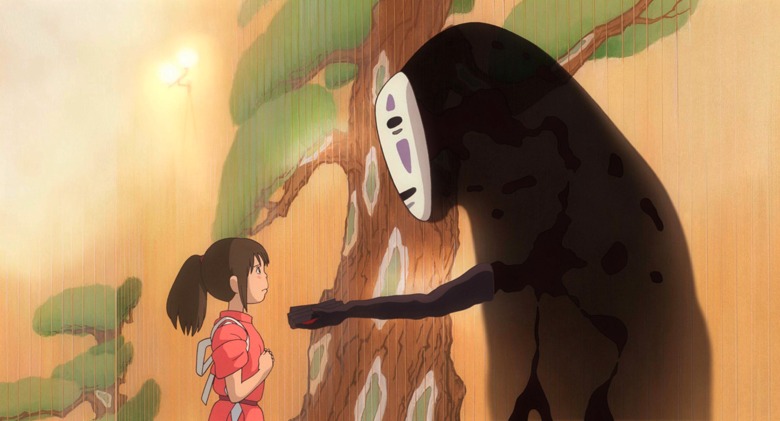Bushido: The Japanese samurai code for kamikaze pilots and businessmen

- Bushido is the Japanese code of the samurai or bushi. It is about loyalty, honor, respect, and politeness.
- Musashi Miyamoto is a well-known bushido philosopher whose work is taught in business schools, alongside Sun Tzu and his Art of War.
- Bushido requires a person to place loyalty and honor above their own well-being. The kamikaze pilots of the Second World War saw themselves as bushi. So, too, do many modern businessmen.
Soga Tokimune stood panting. Blood dripped from his fist into a growing pool at his feet. He held his sword loosely and low and stared at Gorōmaru. Behind Tokimune lay the slashed and mutilated corpses of ten samurai. Tokimune had moved with such speed, that the Shogun’s retainers — men with decades of training and swordsmanship — had fallen like the easily dispatched henchmen of a computer game. But now, Tokimune stood before Gorōmaru, Lord of the Samurai. Gorōmaru was known across all of Japan for being huge, strong, and undefeated with the sword. Tokimune gathered his breath and raised his sword. Gorōmaru smiled.
The Revenge of the Soga Brothers is not a story about a fight between samurai. Tokimune was there to seek revenge for the murder of his father. Gorōmaru was there to protect his liege lord. This was about honor. This was about bushido.
Samurai security
If you were concerned about your personal safety in the days before patrolling police cars, CCTV, and maximum security prisons, then you had to hire some guards. In 1st-century Japan, that meant you hired bushi. Bushi were samurai warriors who were known for being handy in a fight and nifty with a sword. But bushi were not thuggish goons — they were highly educated, genteel, and cultured. A samurai would be able to kill you while explaining the defining features of early Rococo portraiture.
The problem, though, with having a small army of educated, highly dangerous guards is that they soon realize they might be better at your job than you. When Japan was thrown into a period of weak central authority governance, the bushi found themselves more and more in government. From the 12th century, Japan’s warrior class became its ruling class. The samurai went from being security to aristocrats.
Bushido
Like any tight-knit community, the bushi developed strict codes of conduct and entry requirements. At first, these were simply a form of martial arts, known as bujutsu. But, with the introduction of Zen Buddhism into mainland Japan, a samurai’s sword developed a more spiritual edge. This is what is today known as bushido: the samurai code.
Bushido celebrates and nurtures virtues such as courage, loyalty, honor, honesty, justice, and politeness. In the European tradition, bushido has its counterpart in the chivalric code of Arthurian knights and fairy tales. Bushido is about honing both your mind and your sword arm. It’s horsemanship and archery, as much as poetry and the art of conversation.
One of the key elements of bushido philosophy is preparedness, and one of the best-known bushido philosophers was Musashi Miyamoto. Miyamoto was a swordsman and martial artist of legendary skill. He reputedly won his first duel at 13, killing a fully trained, sword-wielding samurai with only a stick. His great work, The Book of Five Rings, alongside Sun Tzu’s Art of War, is still taught in business schools and life-coaching sessions for what it teaches about how to succeed.
One element that comes out again and again is what is known as the “Spirit of the Void.” This is the shutting out of our thoughts to release the body to do what needs to be done. The goal is to “turn off” our ego to enter the void of “unclouded vision.” The Spirit of the Void means practicing your art — usually, a martial art — so rigorously and completely that it becomes second nature. It is only after years of hard training that the body will be able to do something as fluidly and competently as walking or talking.
Kamikaze and businessmen
Another central element to bushido is seeing your own death not as the ultimate evil but sometimes as a necessary one. Your life is of secondary importance to the key bushido virtues, like honor, loyalty, and justice. This samurai mindset is so alien to those outside of Japan, that it is difficult for many to understand the seeming fanaticism of the kamikaze pilots in the Second World War. Japan’s soldiers saw themselves as bushi — modern samurai — and the bushido code encourages an individual to see his own life as a sacrifice worth paying for higher ideals. It’s bushido that motivated the pilots at Pearl Harbor.
Less suicidal, but no less alien to many non-natives, is the idea of “corporate bushido” found in modern Japan’s business culture. Japanese businessmen (usually men) will work themselves silly — as in being so exhausted that they sleep on the street. These “salarymen” are expected to work long hours of unpaid overtime, and they barely take any breaks. Many 7-Elevens in Japan will stock dress shirts for those corporate bushi who didn’t make it home. Loyalty to the company, the respect of your superiors, and the sacrifice of your own body are all essential to the “salarymen” mindset. All this stems from bushido. The modern samurai of Japan carry only sharp pens and wear three-piece silk as armor.





